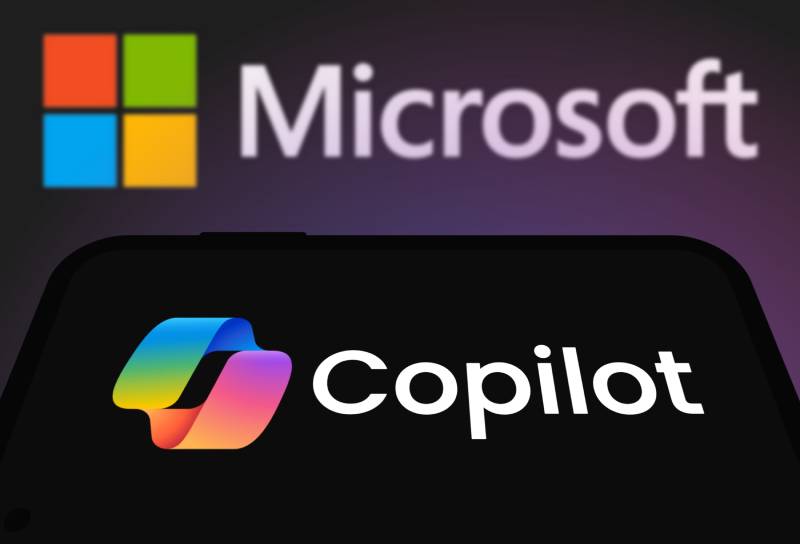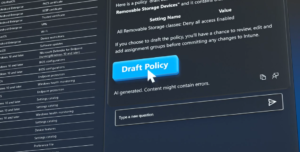Microsoft Security Copilot Aids in Identifying Bootloader Vulnerabilities

Microsoft Identifies Security Flaws in Open-Source Bootloaders
Microsoft recently announced the discovery of 20 vulnerabilities in open-source bootloaders, specifically in GRUB2, U-Boot, and Barebox. This notable finding came via Microsoft Security Copilot, as highlighted in their blog post published on a Monday in March 2025. These vulnerabilities pose significant security risks, potentially enabling cyber criminals to install bootkits that could bypass Secure Boot mechanisms and evade detection by various security software. If exploited, such vulnerabilities could grant attackers full control over a compromised system.
Overview of the Discovered Vulnerabilities
The primary bootloaders affected include:
- GRUB2: Widely used in Linux systems.
- U-Boot: Common in embedded systems.
- Barebox: Also prevalent in embedded environments.
Microsoft’s exploration of these bootloaders was prompted by an investigation into GRUB2, which is known to be vulnerable to memory-related issues, primarily due to its reliance on the C programming language. The team decided to focus on bootloaders because they operate without the protective layers typically provided by operating system security measures.
The Discovery Process
The vulnerability discovery utilized a combination of techniques, including:
- Static Code Analysis: Examining the code without executing it.
- Manual Code Review: An in-depth human analysis of the code.
- Fuzzing: Providing random data to the program to see how it responds.
In addition to these traditional methods, Microsoft Security Copilot played a crucial role in guiding the search for potential weaknesses within the bootloader functionalities. The Copilot provided valuable insights that helped the team pinpoint code segments likely holding vulnerabilities.
Analysis and Findings
Using the insights from Security Copilot, the research team concentrated on various filesystems used within GRUB2, requesting further analysis for potential security concerns. They sought to identify the most critical issues based on their exploitability. Although Copilot provided some inaccuracies—identifying three false positives and flagging one non-exploitable vulnerability—the process ultimately led to a significant finding: an integer overflow vulnerability.
From their extensive investigation, Microsoft discovered 11 vulnerabilities within GRUB2. Notable flaws included:
- Issues in several filesystems.
- Two command-related vulnerabilities.
- A cryptographic side-channel attack tied to a non-constant time memory comparison.
One significant vulnerability received a high severity rating with a CVSS score of 7.8, cataloged as CVE-2025-0678. This vulnerability posed a severe risk as it could lead to arbitrary code execution and circumvent Secure Boot protections.
Additional Findings in U-Boot and Barebox
In addition to the vulnerabilities identified in GRUB2, Microsoft also reported four additional flaws in U-Boot and five in Barebox. These were identified when Security Copilot was tasked with searching for similar code structures across various GitHub projects. Although exploiting these additional vulnerabilities would likely necessitate physical access to the embedded systems, their identification highlights the significant risks present within the open-source supply chain. U-Boot and Barebox share substantial code with GRUB2, making them vulnerable as well.
The Role of AI in Security Research
The findings from this investigation further underscore the growing trend of utilizing artificial intelligence in cybersecurity. Microsoft noted that employing AI tools like Security Copilot significantly streamlined their research process, saving approximately a week’s worth of time in identifying and addressing security issues.
This effort aligns with similar advancements made by other tech giants, such as Google, which utilized its Big Sleep AI agent to unearth exploitable bugs in open-source software like SQLite. Both instances illustrate the potential for AI to expedite the process of discovering security vulnerabilities in code, particularly within the expansive realm of open-source projects.






